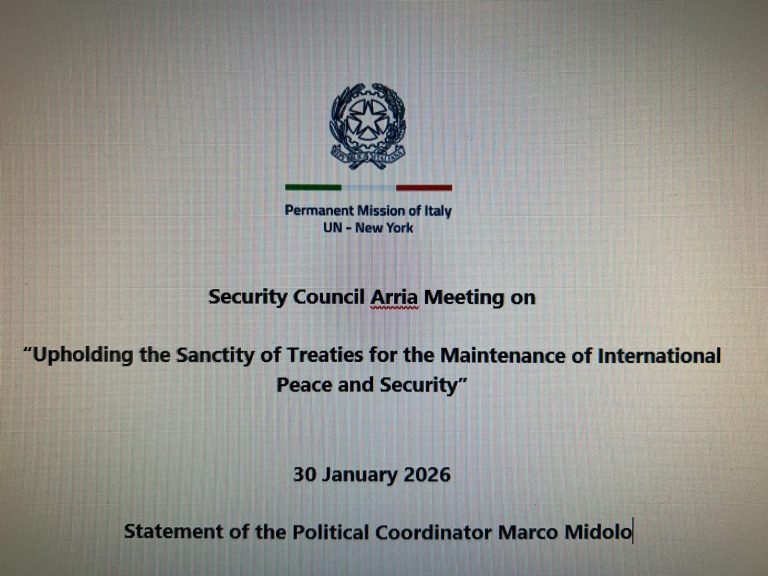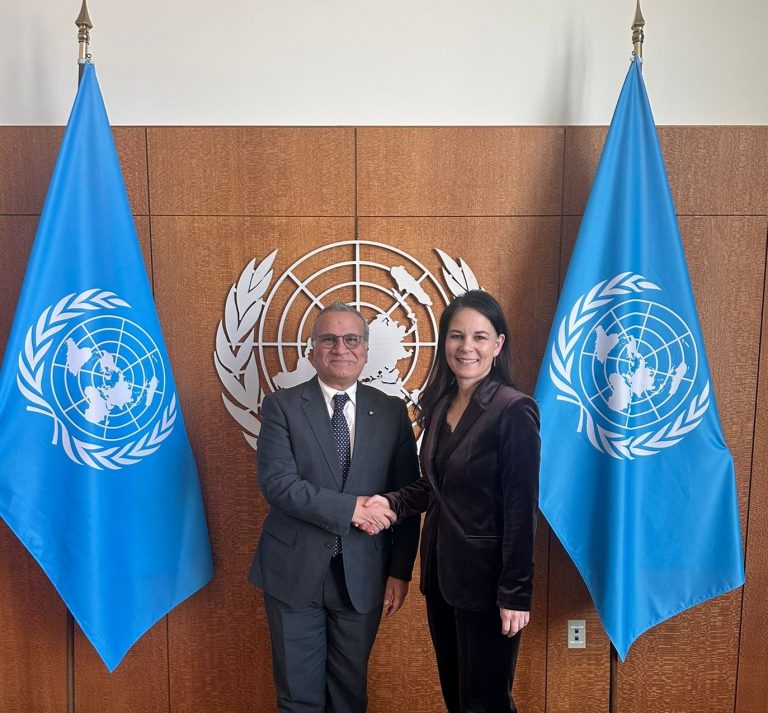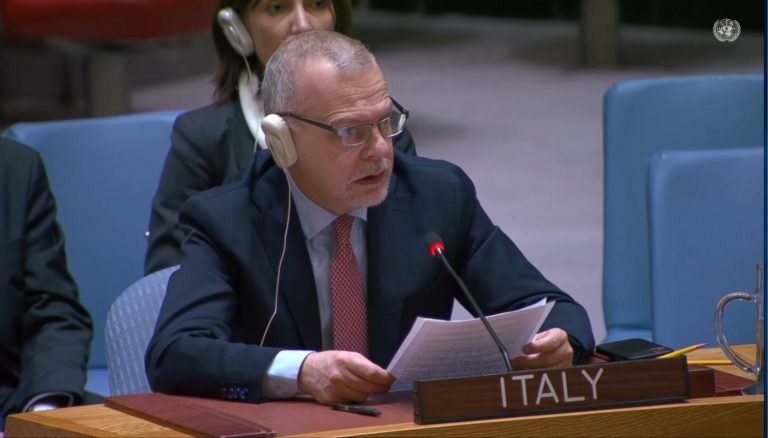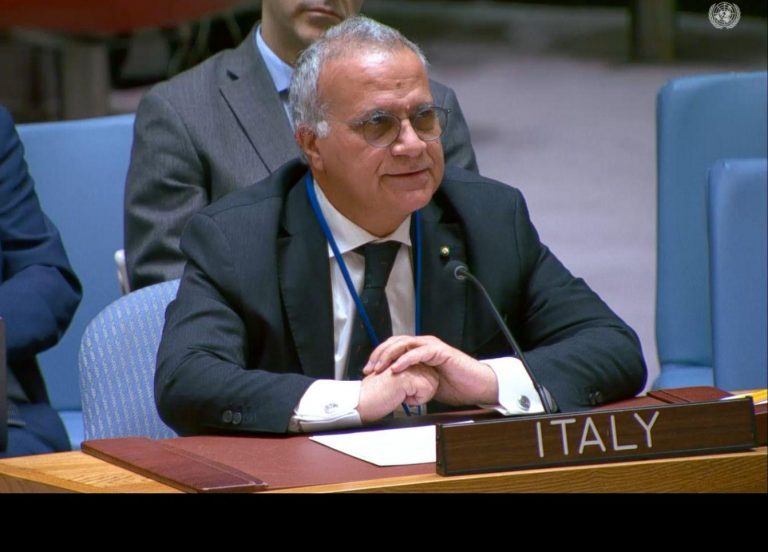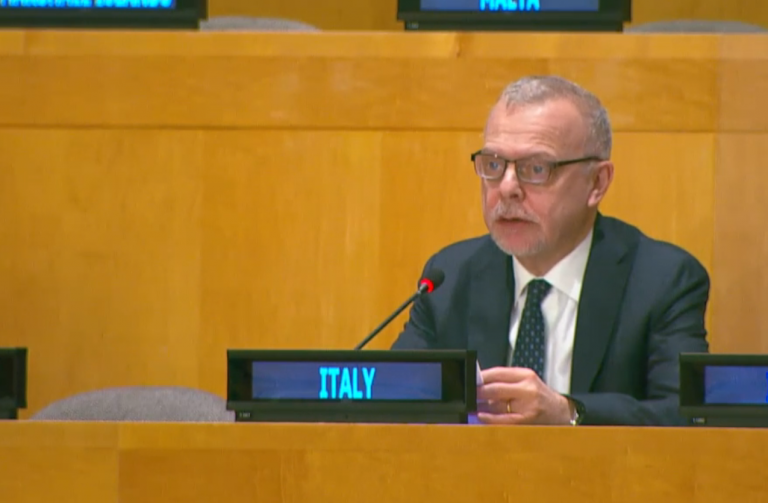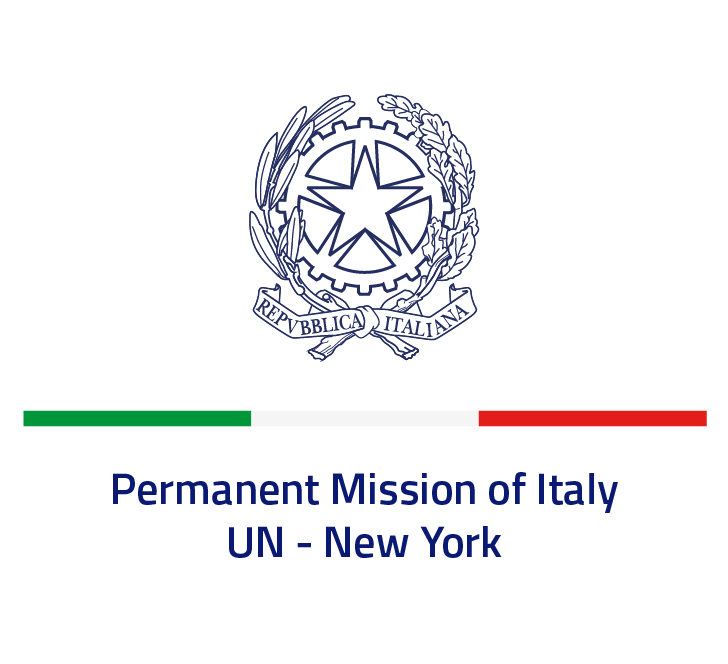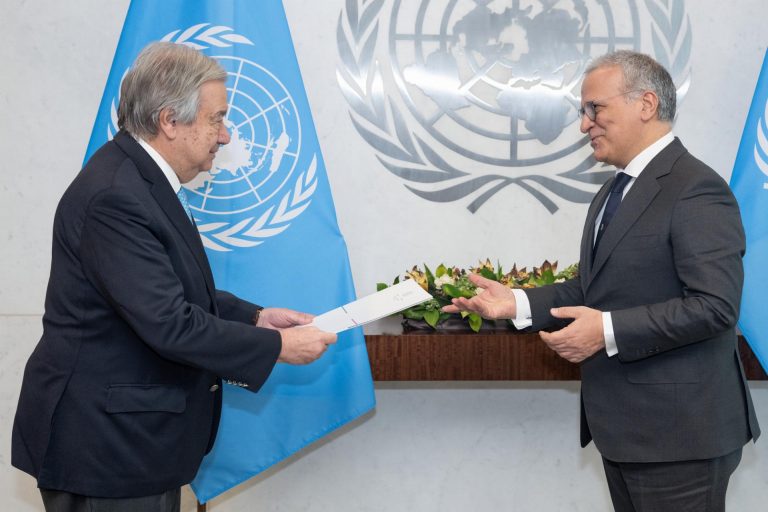Statement delivered by Ambassador Maurizio Massari, Permanent Representative of Italy to the United Nations, at the Informal Plenary Meeting of the General Assembly to hear a briefing on the G20 Summit —
Thank you, Mister President,
We align ourselves with the statement to be delivered by the EU and would like to thank Ambassador Djani for his briefing.
As last year’s G20 Presidency and member of the G20 Troika, Italy is fully aware of the particular challenges that the Indonesian Presidency has to face in the current global scenario, and I refer in particular to the Russian war against Ukraine – which we strongly condemn – and which is having dramatic consequences worldwide, including on food and energy security.
Italy supports the efforts of the Indonesian Presidency in dealing with this extraordinary situation and stands ready to cooperate for the implementation of its program of work, namely in the fields of global health architecture, sustainable energy transition and digital transformation.
Within these macro-areas, the G20 should focus, in our opinion, its action on a series of clear priorities.
First, overcoming the COVID-19 pandemic and addressing all its direct and indirect effects at global level, as agreed by the G20 Leaders in last year’s Rome Declaration. To this end, we should continue implementing the G20 commitments for global health, including on the global vaccination target set by the WHO and endorsed by the G20. At the same time, efforts should be continued on increasing pandemic preparedness and strengthening the global health architecture. In this respect, it will be important to operationalize the Joint G20 Finance and Health Task Force, established last year.
Second, continuing to ensure macro-economic coordination and taking appropriate measures to sustain the global economy, paying particular attention to the most vulnerable Countries. In this context, it will be necessary to defuse the above-mentioned risk of a food and energy crisis – created by the war in Ukraine – by devising policies and actions that can contain inflationary pressures, avoid supply-chain disruptions and reduce market volatility. At the same time, efforts to alleviate debt burdens will have to be continued, building on the unprecedented measured adopted last year by the IMF and supported by the G20. We also encourage the Indonesian Presidency to build on last year’s agreement on International Taxation, which can unlock new financial resources for the global recovery.
Third, we have to make sure that the recovery strategies from the COVID-19 pandemic are sustainable, balanced and inclusive and take fully into account the need to tackle the triple planetary crisis. Climate action, protection of biodiversity and defense of the environment must remain at the core of global economic and social strategies and the G20 has a crucial role to play in this direction.
In conclusion, Mr. President, we have the responsibility to step up to the global challenges that we are facing. Let us use the G20 in coordination with UN system to develop a shared vision to shape a better future for all.
I thank you.







